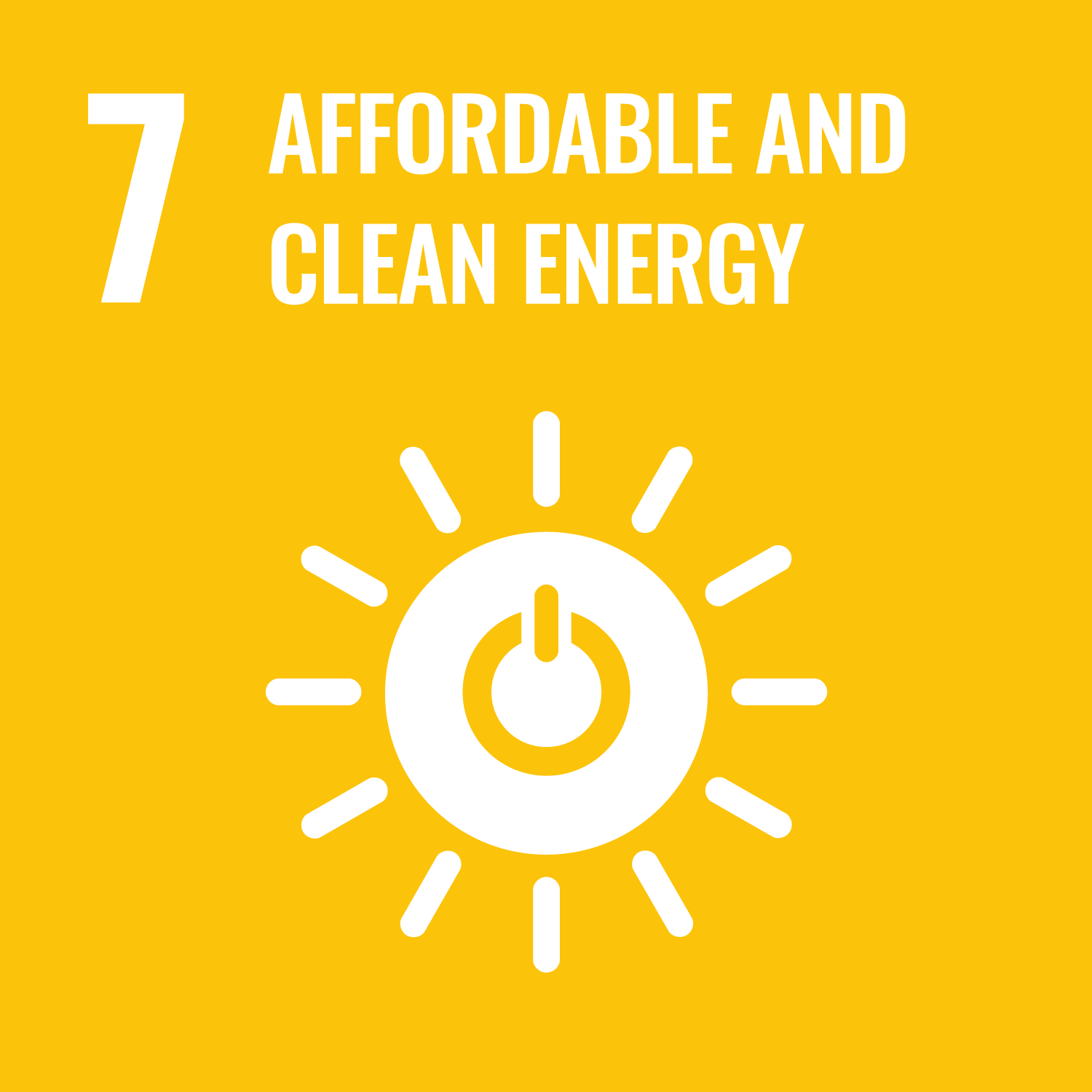ORCID
- D. Greaves: 0000-0003-3906-9630
Abstract
Successive episodes of cyclic loading cause the strength of soft soils to reduce, through pore pressure build-up, and then recover, through consolidation, as shown by model testing, field studies and theoretical considerations. These ‘whole-life’ changes in soil strength affect the capacity of anchoring systems for offshore infrastructure such as floating turbines or platforms. This paper introduces a new macro-model for assessing the through-life changes in seabed strength and anchor capacity as a result of variable cyclic loading and concurrent consolidation. The model combines SN curves for damage accumulation with a critical state soil mechanics framework for changes in soil strength and anchor capacity. These methods allow the full operational lifetime of an anchoring system to be rapidly analysed, encompassing timescales from individual wave-induced load cycles, through to annual seasons and soil consolidation processes. The approach provides a new basis for whole-life modelling of anchoring systems that is sufficiently fast to allow reliability-based assessments via a Monte Carlo method. In soft soils that exhibit beneficial gains in capacity, this method provides a basis for more efficient design through reductions in anchor size.
DOI Link
Publication Date
2023-01-01
Publication Title
Applied Ocean Research
Volume
138
ISSN
0141-1187
Acceptance Date
2023-07-13
Embargo Period
2023-11-08
Recommended Citation
Kwa, K., White, D., Tosdevin, T., Jin, S., & Greaves, D. (2023) 'Whole-life modelling of anchor capacity for floating systems: The RSN CSI approach', Applied Ocean Research, 138. Available at: 10.1016/j.apor.2023.103671


